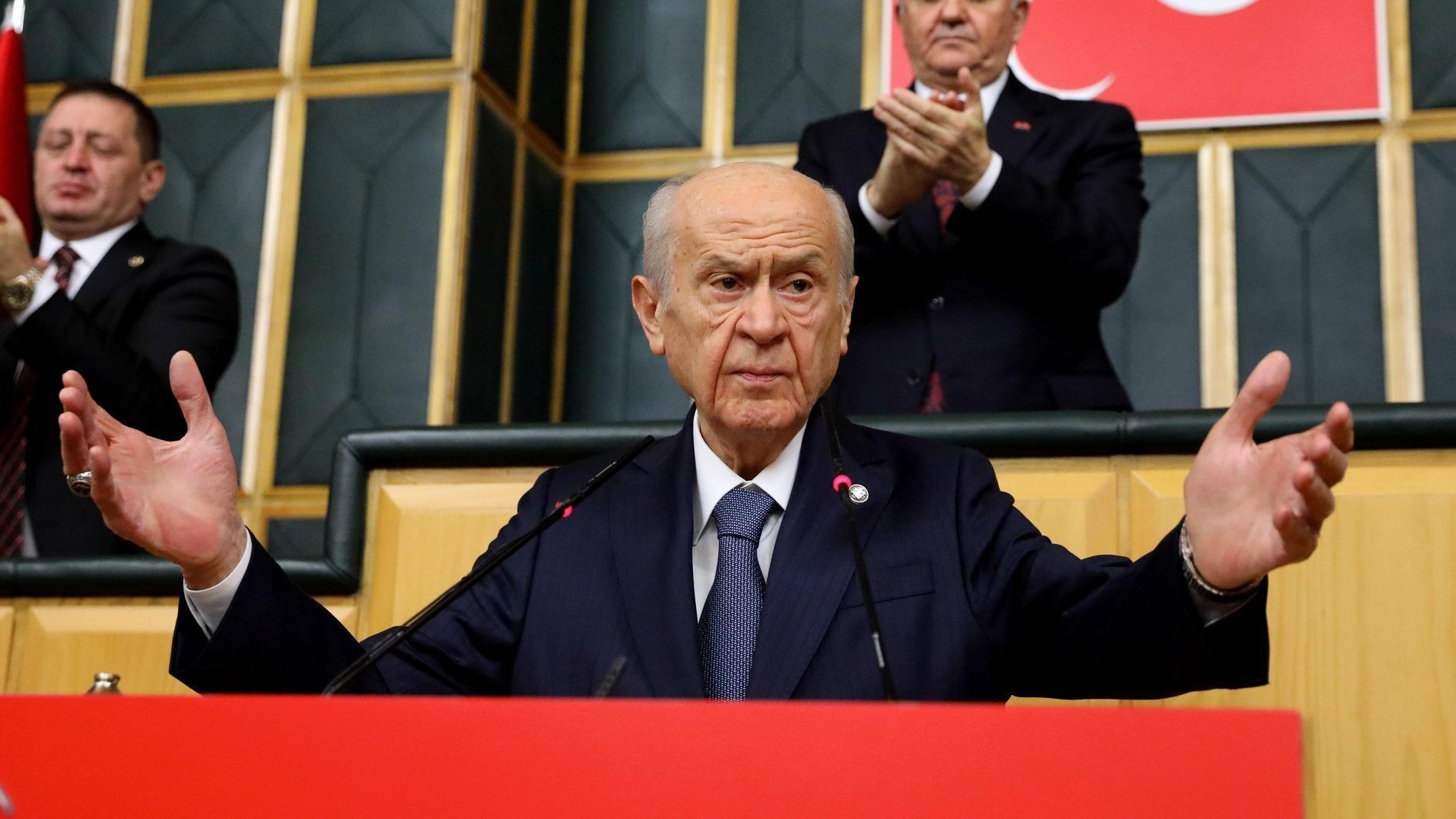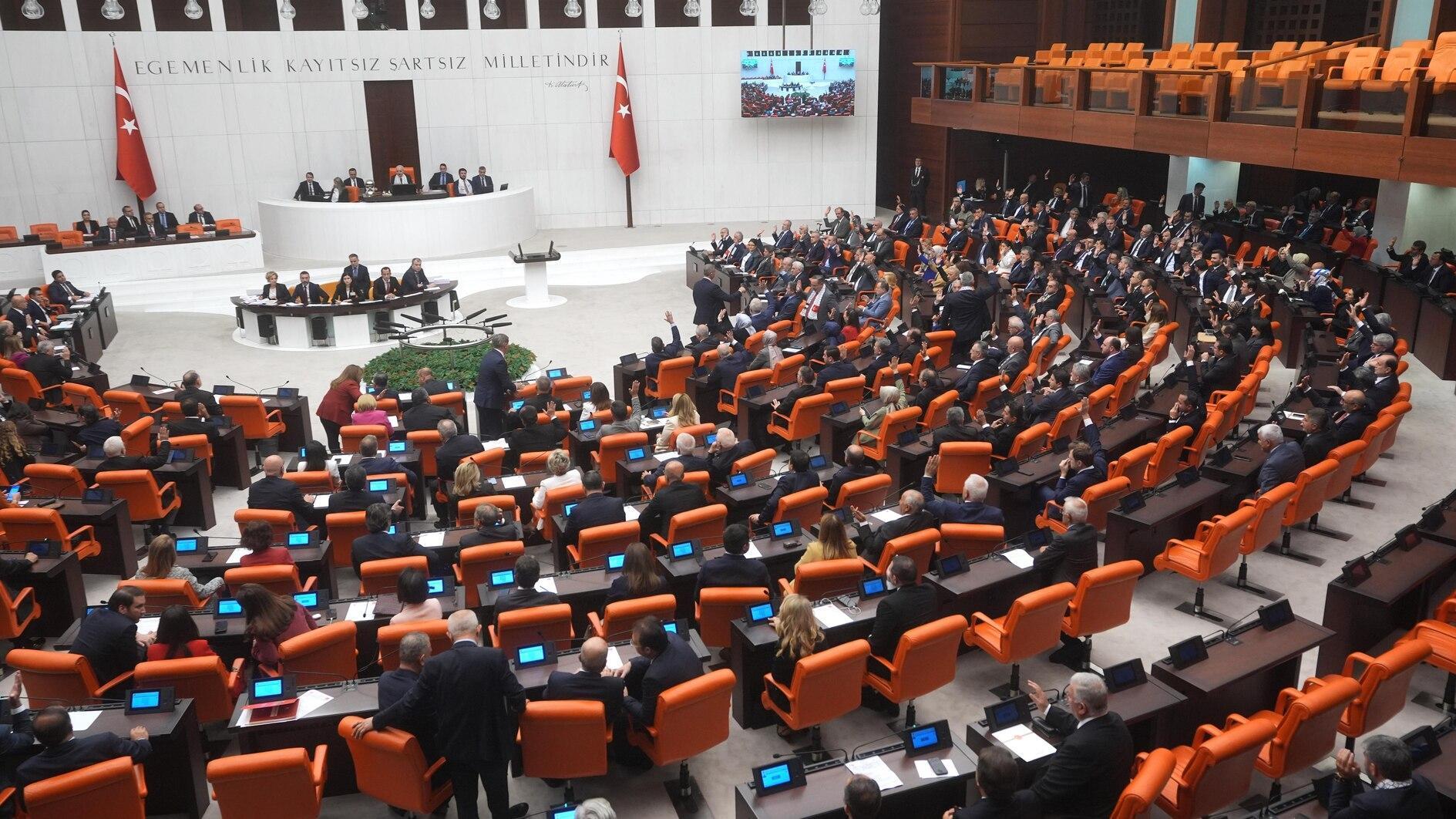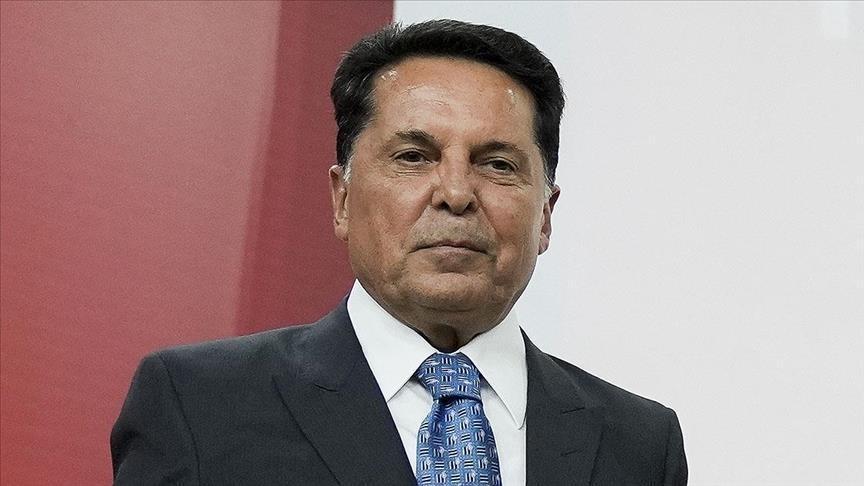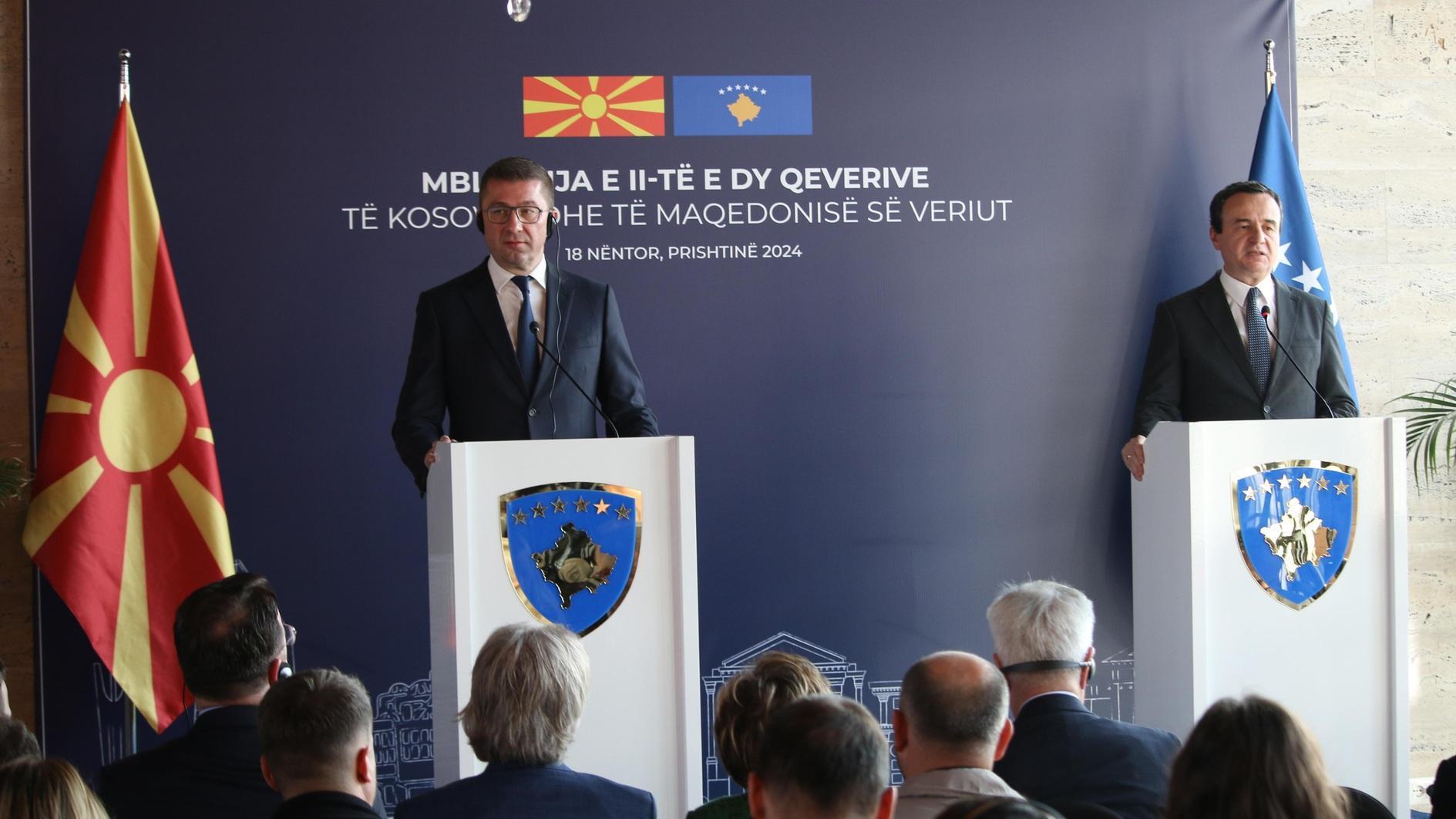Russian officials order retaliatory economic measures against Turkey
MOSCOW

REUTERS Photo
Russian Prime Minister Dmitry Medvedev has ordered Moscow to draw up measures including freezing some joint investment projects with Turkey, in retaliation for the Nov. 24 downing of a Russian warplane by Turkey.“The government has been ordered to work out a system of response measures to this act of aggression in the economic and humanitarian spheres,” Medvedev told a cabinet meeting in televised comments, as quoted by Agence France-Presse.
He said under Russian law the broad punitive steps could include halting joint economic projects, restricting financial and trade transactions and changing customs duties.
Measures could also target the tourism and transport sectors, labor markets and “humanitarian contacts,” Medvedev said, adding that the measures would then likely be listed in a decree from President Vladimir Putin.
“In these documents the focus will be on introducing limits or bans on the economic activities of Turkish economic structures working in Russia, a limitation of the supply of products, including food products, and on the work and provision of services by Turkish companies and other restrictive measures,” Medvedev reportedly stated.
“I propose doing all this in a period of two days so that we can move to setting up the appropriate procedures as quickly as possible,” he told government ministers.
Tensions have soared between Moscow and Ankara following the downing of the Russian jet on the Syrian border.
Turkish Stream, free trade deal at stake
Russia may impose various economic restrictions on Turkey, including measures to restrict the planned Turkish Stream gas pipeline, Russian Economy Minister Alexei Ulyukayev also said on Nov. 26, as reported by Reuters.
Ulyukayev said the restrictions, drawn up in retaliation for the downing of a Russian warplane by Turkey, may also include limits to civil flights to and from Turkey and a halt to preparations for a Free Trade Zone.
Another statement on Nov. 26 came from Russia’s tourism agency.
The head of Russia’s tourism agency, Rostourism, said cooperation between Russia and Turkey in the sector would “obviously” be halted, the Interfax news agency reported.
Earlier on Nov. 26, the press service of the Russian Ministry of Agriculture said Moscow would strengthen control over food supplies from Turkey and perform additional border and production checks, as reported by Russia’s TASS news agency.
“The Russian government has authorized Rosselkhoznadzor [the federal agricultural supervision agency] to strengthen control over agricultural products and foods supplies from Turkey and organize additional checks on the border and at production sites in Turkey,” the ministry stated, as quoted by TASS.
Measures have been introduced in view of repeated violations of Russian standards by Turkish producers, it added.
“About 15 percent of Turkish agricultural products on average do not meet Russian standards,” Minister of Agriculture Alexander Tkachev said, according to the report.
Russia has found “traces of banned and harmful substances” in Turkish food products of animal origin some 40 times this year, Tkachev added.
According to the Russian Ministry of Agriculture, the country imported foods and agricultural products from Turkey amounting to $1.7 billion in 2014. At the same time, Russian exports of food and agricultural products to Turkey rose by a third in 2014 and totaled $2.4 billion.
Turkish vegetables account for some 20 percent of vegetables imports to Russia, said Tkachev, adding that Moscow could opt to buy produce from other countries, such as tomatoes from Iran, Israel, Morocco, Azerbaijan and Uzbekistan.
Turkey also accounts for a quarter of Russian citrus fruit imports, he said, adding that the country could switch to other producers including South Africa, China, Argentina and Georgia.
Russia has also said it could redirect its Turkish exports, including wheat and oil, to countries in the Middle East and Africa.
















